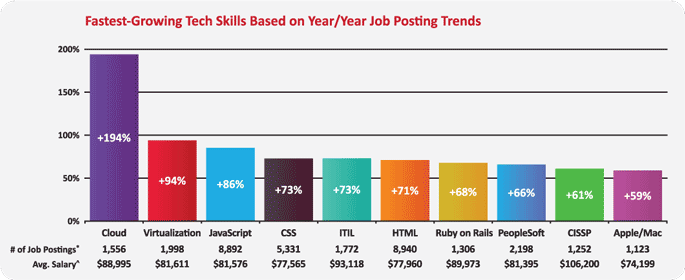Protecting the Boss - A Shaving Cream Tale
The News Corporation 'hackgate' scandal is a mess, both figuratively and by virtue of a classic 'shaving cream in the face' gimmick, literally as well. In case you need a little refresher course, ('It's all ball bearings these days'), during Rupert Murdoch and James Murdoch's appearance at a British parliament inquiry into the various alleged improprieties at the now defunct News of the World newspaper, a wacky protester rushed the Murdoch's table, and attempted to give 'ol Rupert an old-fashioned shaving cream face wash.
Check the below video to see what transpired - (email and RSS subscribers click through)
Pretty wild and interesting to me for two points. One, after the shaving cream incident you can hear the chairperson of the hearing announce a 10-minute break in the proceedings. Ten whole minutes? Only seconds after an apparently deranged man attempts some kind of assault in a parliamentary hearing, and there is no way anyone could have totally processed the situation and ongoing threat level, the chairperson announces a 10-minute recess? Gutsy. If that kind of incident happened in the US Congress, we'd be at a standstill for days, maybe weeks while a new inquiry led by a blue-ribbon 'Commission on Shaving Cream Incidents' is formed and begins an investigation.
The second point of interest in the clip - check out Rupert Murdoch's wife Wendi Deng leap into action and toss a right hand haymaker in the direction of the assailant. Quick, decisive, powerful - and from the sounds on the video, it seems like she did make contact and swatted the guy. Sure, it would be natural and correct to interpret Ms. Deng's actions as the reflex of someone instinctively protecting a loved one, and while extremely commendable, it doesn't seem all that unusual. I think most of us would react similarly if we sensed a spouse, child, or anyone else close to us was in imminent physical danger.
But if we spin this just a little differently, and indulge a bit of extension outside of the familial bonds here and think about the organizational ones, a slightly different take emerges. In the entirety of this ongoing News Corporation hacking scandal it is pretty much impossible to find any actor that will emerge from this looking good. The Murdochs themselves appear at worst complicit, and at best, ineffectual and out of touch with what their managers and executives were doing. Variously the police and politicians that are caught up in this might find themselves out on the street, their reputations and long-term career prospects significantly diminished.
But you know who looks good in all this? At least to someone from outside the UK that might not be as intimately aware of the full details of the story? That's right - Wendi Deng.
Think about her actions in the video in the broader context of career and organizational advice you have probably heard for ages - protect the boss, think about how you can make the boss' life easier, how you can get ahead by understanding your boss' objectives and how you can best help him/her achieve them.
If you look at it that way, wouldn't you want to have someone like Ms. Deng sitting next to you at the next big board meeting?

 Steve
Steve





